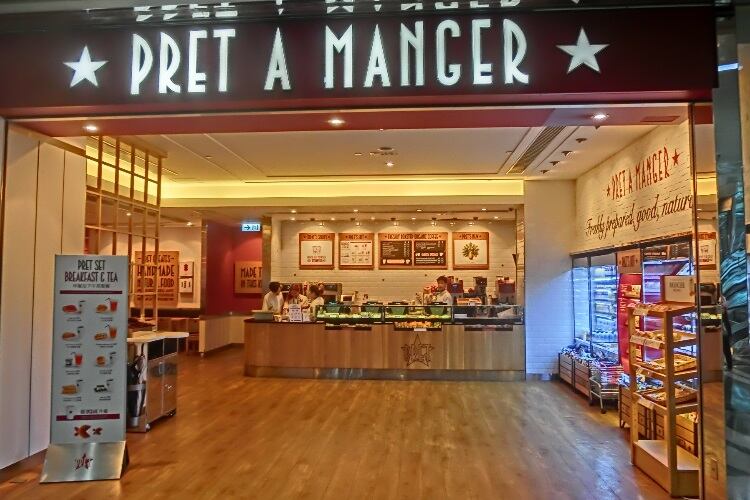In August, General Mills agreed to stop calling the oats in its Nature Valley granola bars ‘100% natural’ when they also tested positive for glyphosate, a component in Monsanto’s controversial weedkiller Roundup.
The latest lawsuit against Pret A Manger Ltd. and parent company JAB Holding Company has been filed by Richman Law Group on behalf of three non-profits – Beyond Pesticides, the Organic Consumers Association (OCA) and GMO Free USA – in the Superior Court of the District of Colombia.
Maximum residue levels
Tests revealed the amount of glyphosate in the Oatmeal Raisin cookie to be between 0.090-0.174 parts-per-million (ppm) and the amount of glyphosate in the 9-Grain Granary Bread to be between 0.199 and 0.250 ppm.
Currently, the maximum legal level of glyphosate residue allowed in 30.0 ppm (US), 20 ppm (EU), 15 ppm (Canada) and 0.1 ppm (Australia).
According to court documents, Pret is deceptively labeling, marketing and selling certain bread and other baked goods “Natural Food,” despite containing traces of a synthetic biocide.
It adds that lab tests allegedly found traces of glyphosate in Harvest oatmeal raisin cookies, egg salad and arugula sandwiches, and other products made with the chain’s nine-grain granary bread.
The suit alleges that, “by deceiving consumers about the nature, quality, and/or ingredients of the products, Pret is able to sell a greater volume … charge higher prices … and take away market share from competing products, thereby increasing its own sales and profits.”
“Consumers expect Pret’s food to be free of synthetic pesticides, including glyphosate,” said Diana Reeves, executive director of GMO Free in a press release announcing the suit.
“Glyphosate, patented as a chelator and an antibiotic, is linked to adverse health effects including cancer, infertility and non-alcoholic fatty liver and kidney diseases. Glyphosate shouldn’t be present in the food system at all, but a company that wilfully misrepresents its products needs to be held accountable.”
Responsibility of food producers
Kim Richman, partner in Richman Law Group, said the suit was an attempt to make food companies work harder to reduce the use of glyphosate.
“While glyphosate is indeed ubiquitous, it doesn’t need to be – and the campaign to put food producers on notice about the issue is an important step in getting them to take glyphosate reduction seriously,” she said.
Richman has filed another, similar lawsuit against Pret on behalf of Samara Daly and Linda Virtue in New York's Eastern District.
The suits asks the company to either accurately label the presence of glyphosate in its products or work to make them actually glyphosate-free.
“Consumers want truthful information on product ingredients, with labeling and advertising that is transparent about production practices and residues of toxic materials,” said Jay Feldman, executive director of Beyond Pesticides.
“Given the widespread use of pesticide-intensive practices, this lawsuit establishes the responsibility of purveyors of food products to know the origins of their product ingredients before making a natural claim.”
Advertising standards
The latest suit follows a censureship on Pret last year by the UK’s Advertising Standards Authority (ASA) for claiming its products did not contain the sort of “obscure chemicals, additives and preservatives” used by its competitors.
The ASA ruled this was misleading because the chain’s sandwich bread was found to contain E472e, £471 and E300, thee common food additives widely used in the food retail sector.
Pret a Manger had not responded to our request for comment before the article went to print.
The suit is Daly v. Pret A Manger, Ltd., E.D.N.Y., No. 18-5368, complaint 9/24/18.


